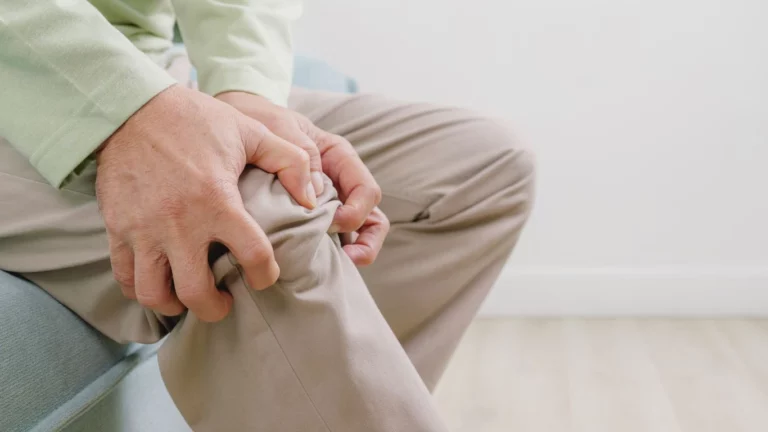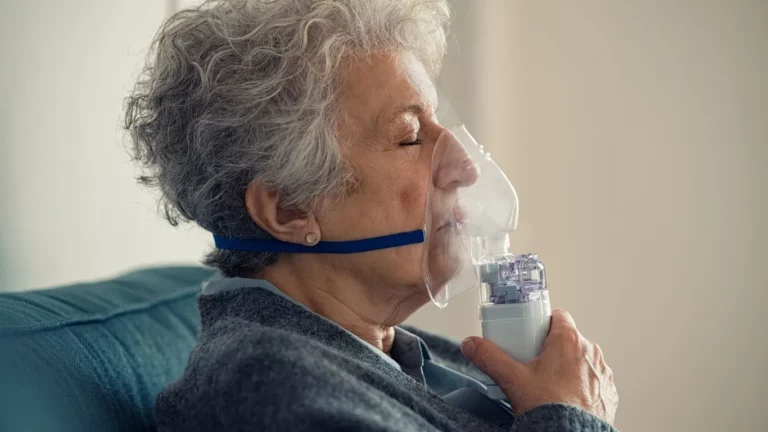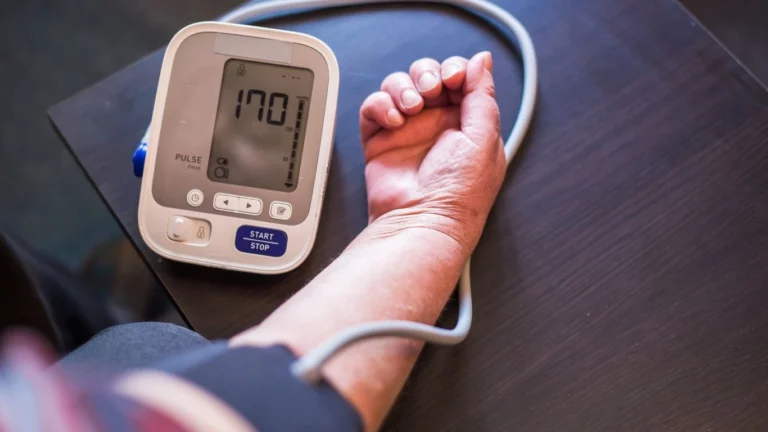How to Prevent GERD Pain: Tips That Actually Work 🌟
If you’ve ever experienced GERD (Gastroesophageal Reflux Disease), you know how much of a pain it can be. Literally! That burning feeling in your chest (heartburn) can stop you in your tracks, and the constant discomfort can make everything—from eating to just chilling on the couch—feel like a challenge. But hey, don’t worry. It doesn’t have to be this way forever. There are simple, effective ways to prevent GERD pain and live a more comfortable life.
What’s GERD Anyway?
Before we get into the prevention stuff, let’s quickly touch on what GERD is. In short, it’s when stomach acid or bile sneaks back up into your esophagus. The main culprit? A weak or relaxed lower esophageal sphincter (LES), which is the muscle that usually keeps stuff where it belongs. It can lead to heartburn, chest pain, difficulty swallowing, and even a nagging cough.
Some people deal with this occasionally, but if you’re like me (and many others), it’s an annoying, persistent problem that messes with daily life.

How to Prevent GERD Pain: Practical Tips That Work
The good news? You don’t have to just “live with it.” There are plenty of ways to prevent GERD pain and keep the symptoms at bay. Here’s how I tackled it (and how you can too):
1. Watch What You Eat 🍽️
One of the first things you’ll hear about GERD is how your diet plays a huge role. Trust me, I used to be the person who’d ignore any advice about food, thinking I could just power through the discomfort. Big mistake. Here’s what actually worked for me:
- Smaller, more frequent meals: I used to eat big meals, and that would just make things worse. Instead, I switched to eating smaller portions more often. It helped keep the pressure off my stomach and prevented the acid from creeping up.
- Cutting out triggers: Certain foods just didn’t sit well with me—like spicy stuff, chocolate, caffeine, and tomatoes. If you’re not sure what’s causing your flare-ups, try keeping a food diary. It’s super helpful!
- Timing matters: I realized that eating right before bed was a disaster. I now make it a point to finish eating at least 2-3 hours before I lay down to sleep.

2. Lose a Little Weight, If You Can ⚖️
Okay, I’m not going to say it’s easy, but carrying extra weight can make GERD worse. The pressure it puts on your stomach can encourage that acid to make a run for it. I didn’t have a ton to lose, but when I dropped a few pounds, I noticed a difference. If weight loss is part of your plan, focus on whole foods—fruits, veggies, lean proteins, and whole grains. It doesn’t have to be a drastic change, just steady and manageable.
3. Raise Your Bed 🛏️
This one sounds a little weird, but hear me out. Elevating your head when you sleep helps keep stomach acid from creeping up while you’re lying down. I didn’t think it would make that much of a difference, but it did. I invested in a wedge pillow (they’re affordable), and now I sleep way better.
4. Quit Smoking 🚭
This one’s a no-brainer. Smoking weakens the LES, making acid reflux more likely. It’s not an easy habit to break, but cutting it out made a noticeable difference in my GERD symptoms. If you’re working on quitting, be kind to yourself—it’s tough but totally worth it!
5. Chill Out 🧘♂️
Stress is a huge trigger for me. When I’m stressed, I notice GERD symptoms flare up. So I had to make a conscious effort to manage stress, especially during busy times at work or when life gets hectic. I started doing yoga, deep breathing exercises, and even just taking a walk around the block. It really helped reduce tension and, believe it or not, it reduced my GERD pain too.

Troubleshooting Common Issues with GERD Prevention
Okay, so you’ve tried the basics, but what happens if the pain still sticks around? Let’s troubleshoot some common issues you might run into.
Issue 1: GERD Symptoms Won’t Go Away
If your symptoms aren’t improving with lifestyle changes, it might be time to talk to your doctor about meds. Things like antacids, H2 blockers, or proton pump inhibitors (PPIs) can help calm the acid and give your esophagus a break. But don’t just grab meds from the drugstore without checking with your doctor first. They can help you figure out what’s best for you.
Issue 2: Identifying Triggers Is Hard
If you’re struggling to figure out which foods or habits are causing the flare-ups, don’t stress—it takes time. I started by tracking everything I ate and when my symptoms occurred. I was amazed at how clear the patterns became. If you don’t have the patience for a food diary, you can also try cutting out a few common triggers at a time and seeing if that makes a difference.
Issue 3: Weight Loss Is Tough
I get it—losing weight is hard, especially if you’re balancing life, work, and everything else. But trust me, even small changes can help. Start by focusing on foods that fuel your body, like veggies, lean proteins, and whole grains. Find an activity you actually enjoy—whether that’s walking, biking, or even dancing in your living room. Baby steps add up!
Real-Life Success Stories
Sarah’s Story: A Simple Change Made a Huge Difference
Sarah had been dealing with GERD for years—heartburn after every meal, regurgitation, and feeling like she couldn’t enjoy anything. She decided to cut out chocolate and caffeine (her biggest culprits) and started eating smaller meals. A couple of weeks later, she realized her GERD pain had almost completely disappeared. She couldn’t believe how such simple changes had such a big impact.
John’s Weight Loss Journey
John had been battling GERD for almost a decade. His doctor told him to lose some weight to reduce the pressure on his stomach. He started making healthier food choices and lost about 40 pounds over the course of six months. Guess what? His GERD symptoms went way down, and he felt better than he had in years.
Key Takeaways / Summary
- GERD is a pain (literally), but it’s manageable with the right lifestyle changes.
- Eating smaller meals, avoiding triggers, maintaining a healthy weight, quitting smoking, and reducing stress can all help prevent GERD pain.
- It’s okay to troubleshoot along the way—if something’s not working, try a different approach or talk to your doctor.
- Real-life success stories show that making small changes really can make a big difference.
FAQs About Preventing GERD Pain
Q: Can GERD be completely cured?
A: Unfortunately, no. But with the right changes, you can manage and minimize the symptoms to the point where they hardly affect your life.
Q: How do I know if a food is triggering my GERD?
A: Track your food and symptoms, and be mindful of when the pain strikes. A food diary really helps.
Q: Are over-the-counter medications safe for long-term GERD management?
A: It’s fine to use them occasionally, but for long-term use, check with your doctor. They’ll guide you on what’s best for your situation.
References
- National Institute of Diabetes and Digestive and Kidney Diseases
- American College of Gastroenterology
Disclaimer
This post is just for informational purposes—it’s not medical advice. Always talk to your doctor if you’re making any changes to your diet or treatment plan.
Call to Action: Take Control of Your GERD Today!
So, what are you waiting for? Start making those small changes today. Track your triggers, eat smaller meals, and find ways to relax. Your future self will thank you for it.

Camellia Wulansari is a dedicated Medical Assistant at a local clinic and a passionate health writer at Healthusias.com. With years of hands-on experience in patient care and a deep interest in preventive medicine, she bridges the gap between clinical knowledge and accessible health information. Camellia specializes in writing about digestive health, chronic conditions like GERD and hypertension, respiratory issues, and autoimmune diseases, aiming to empower readers with practical, easy-to-understand insights. When she’s not assisting patients or writing, you’ll find her enjoying quiet mornings with coffee and a medical journal in hand—or jamming to her favorite metal band, Lamb of God.






